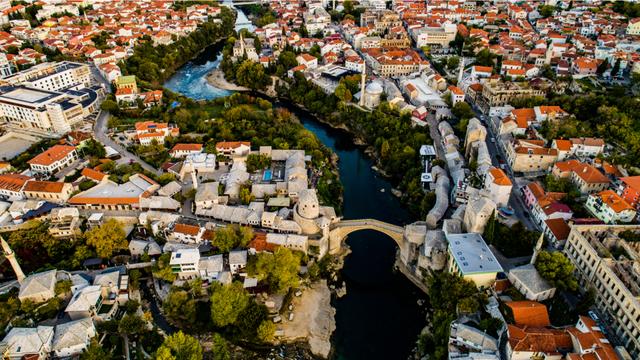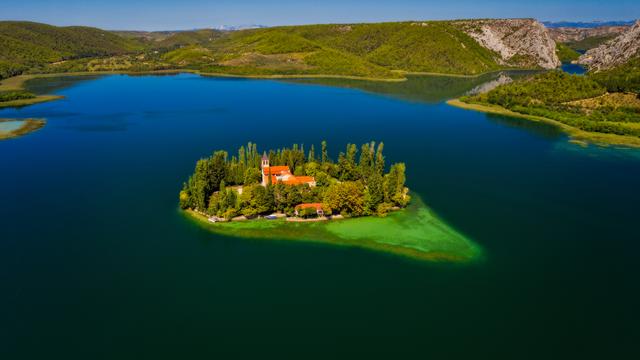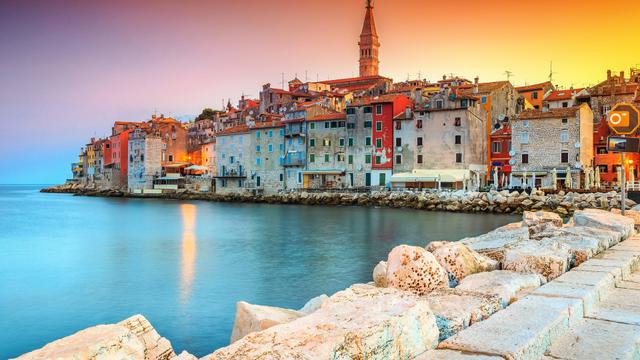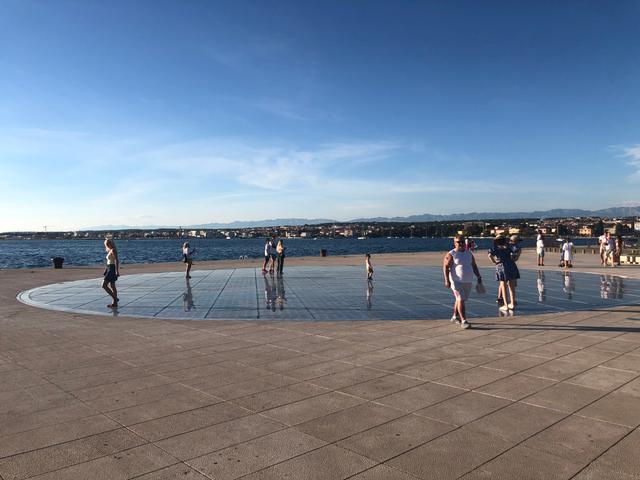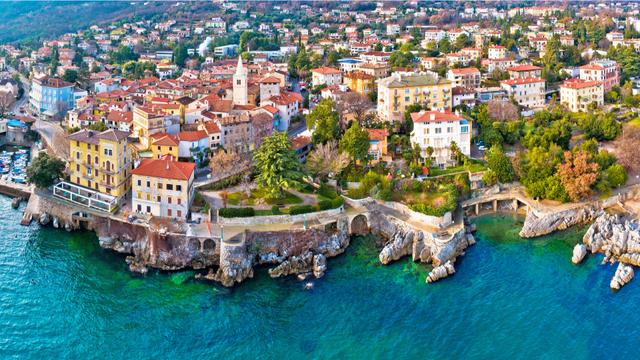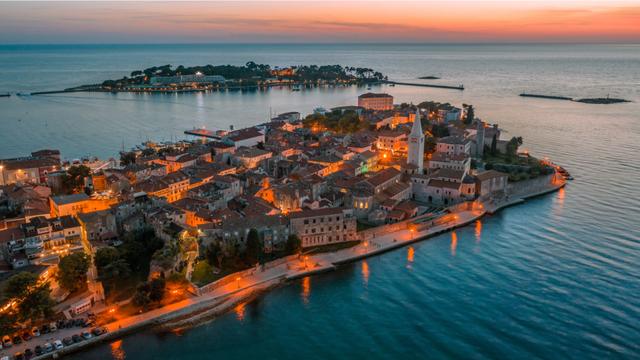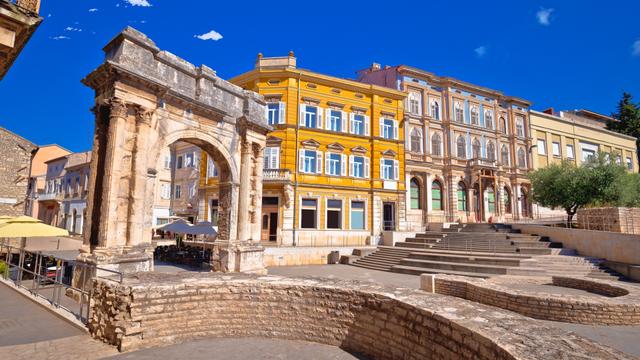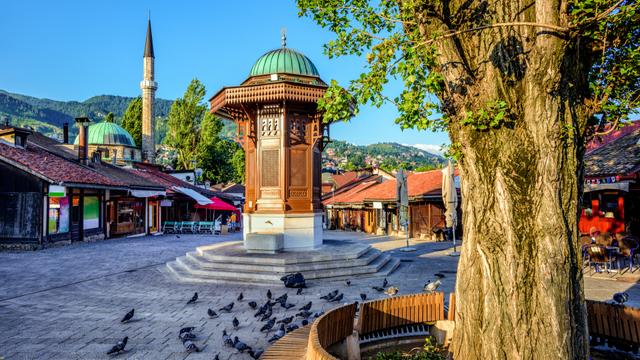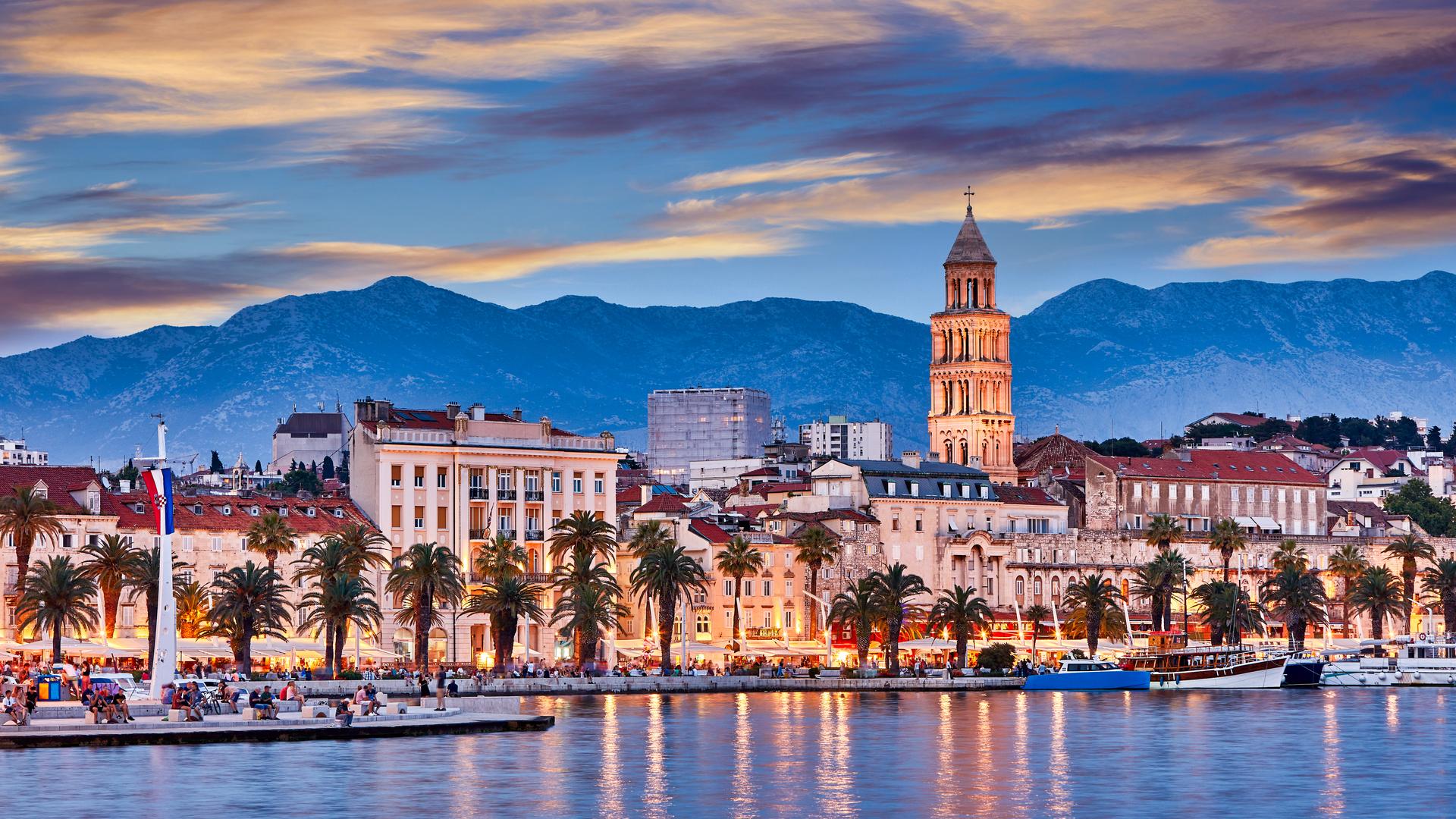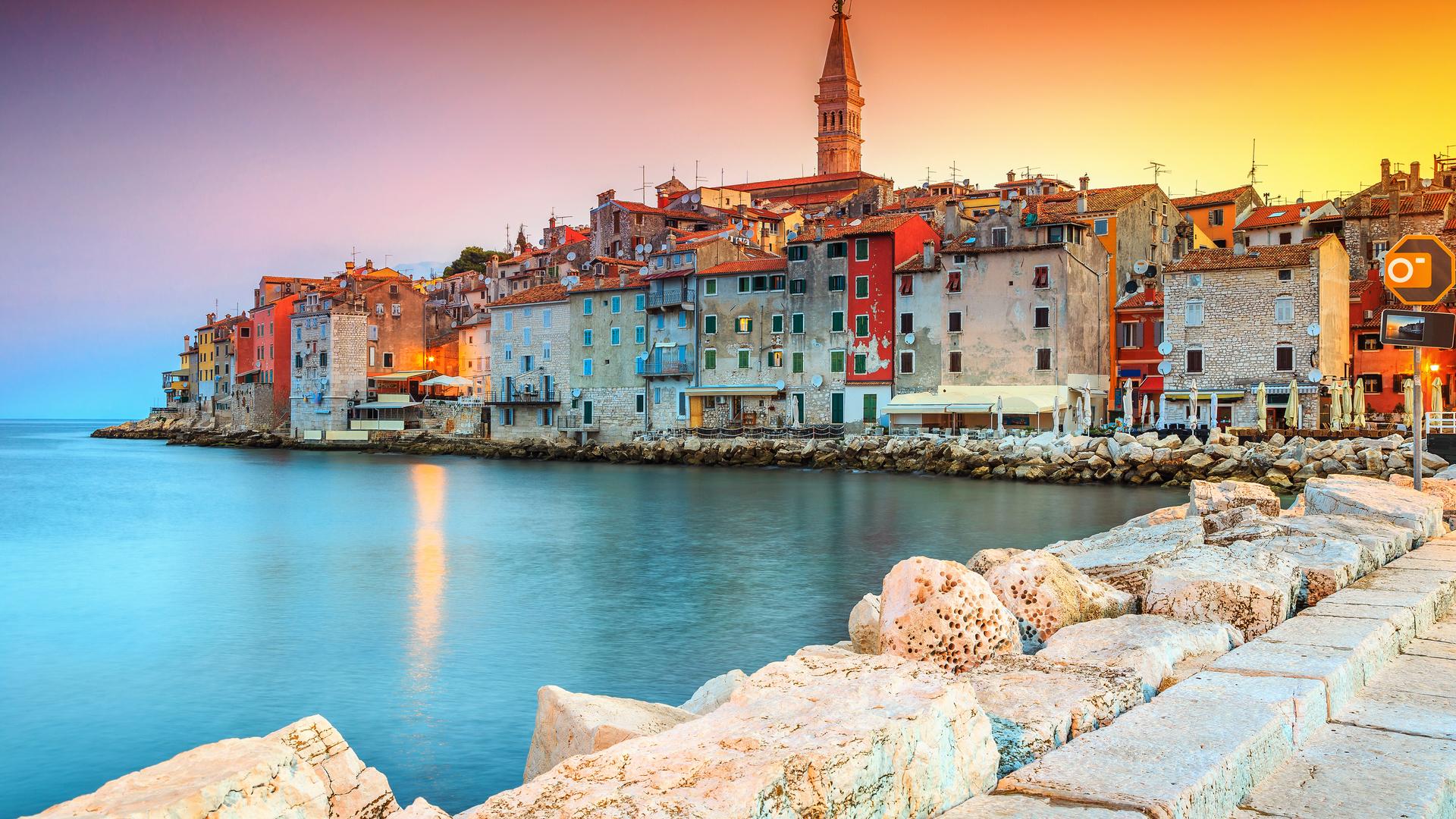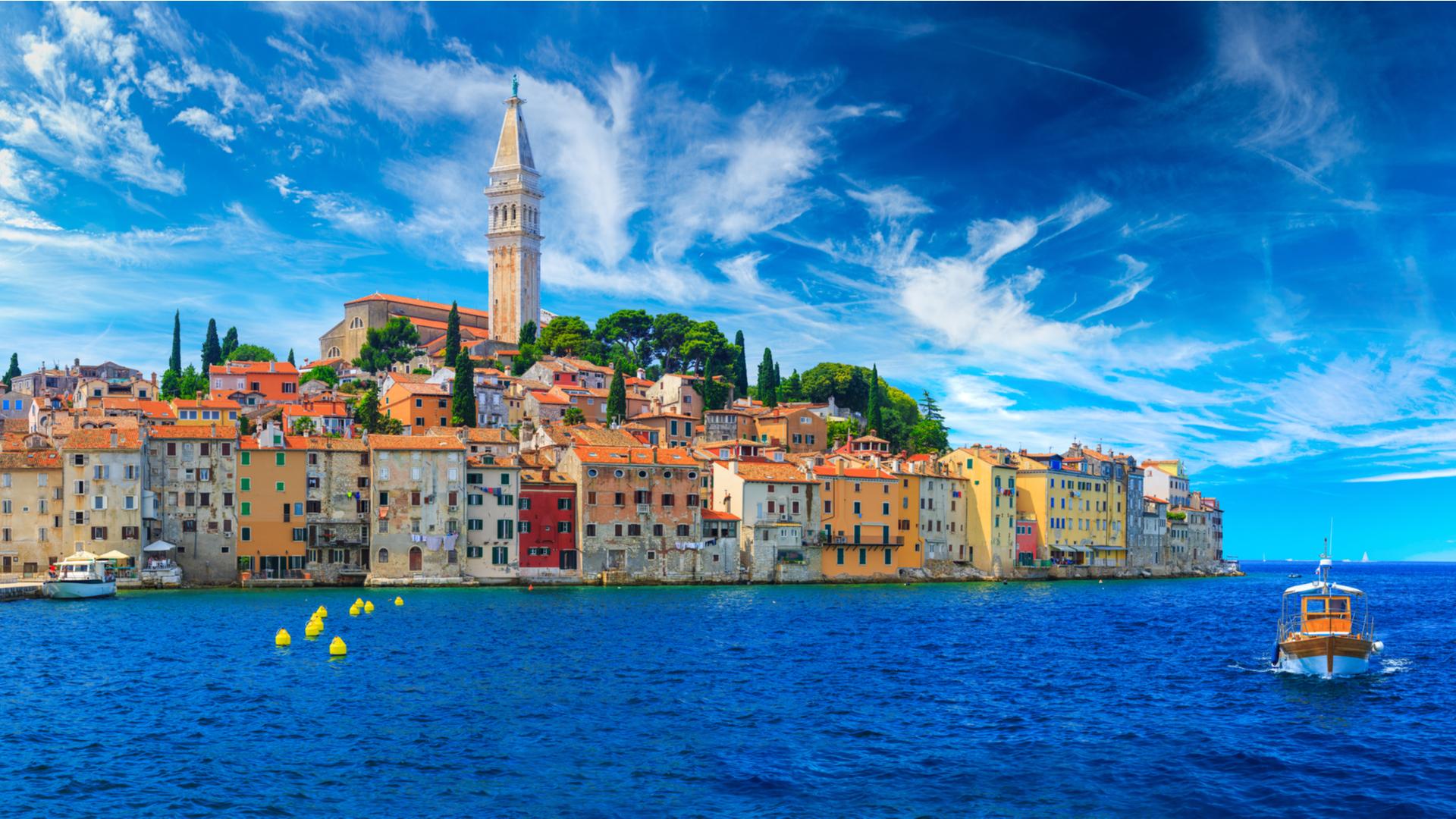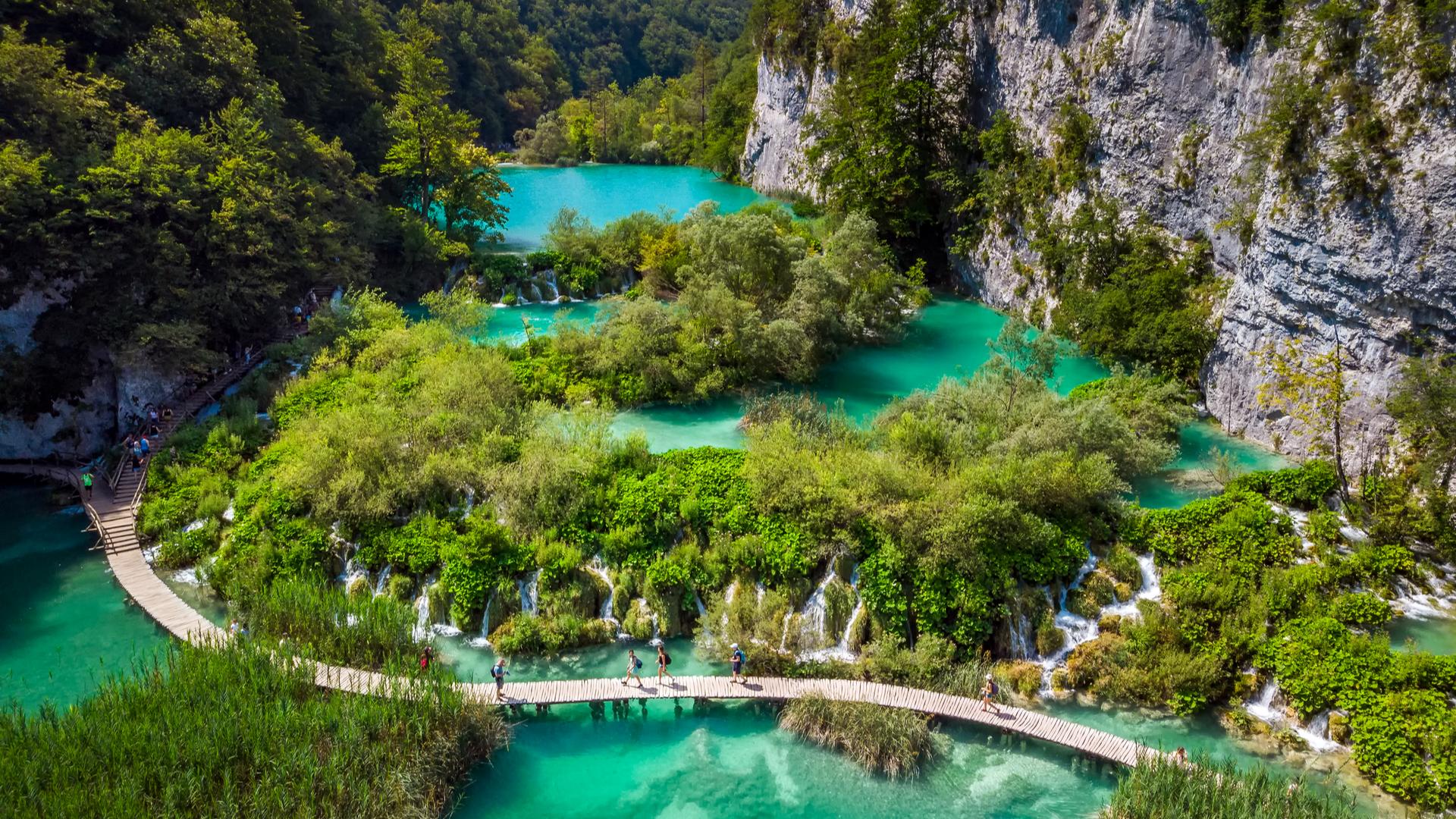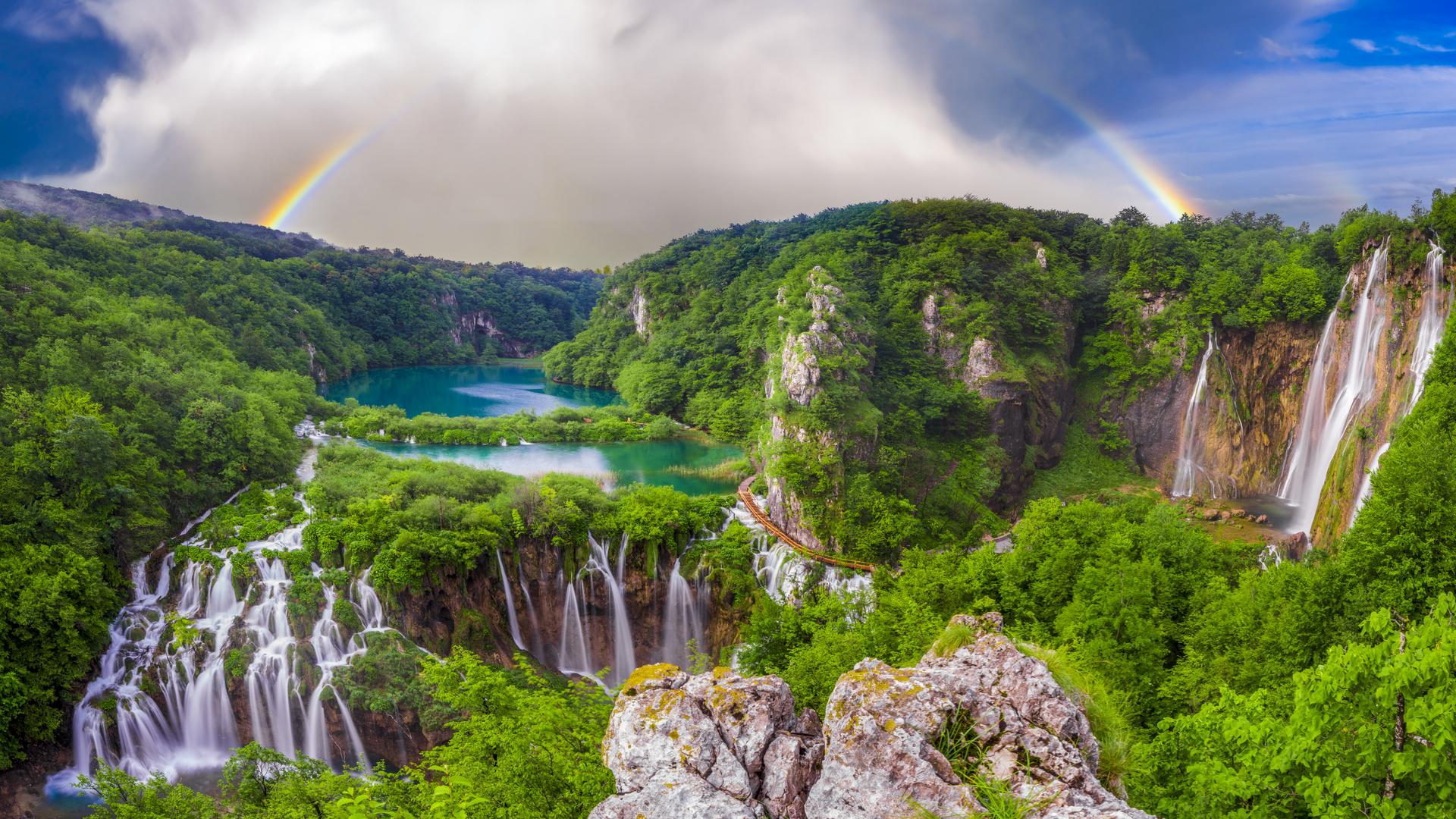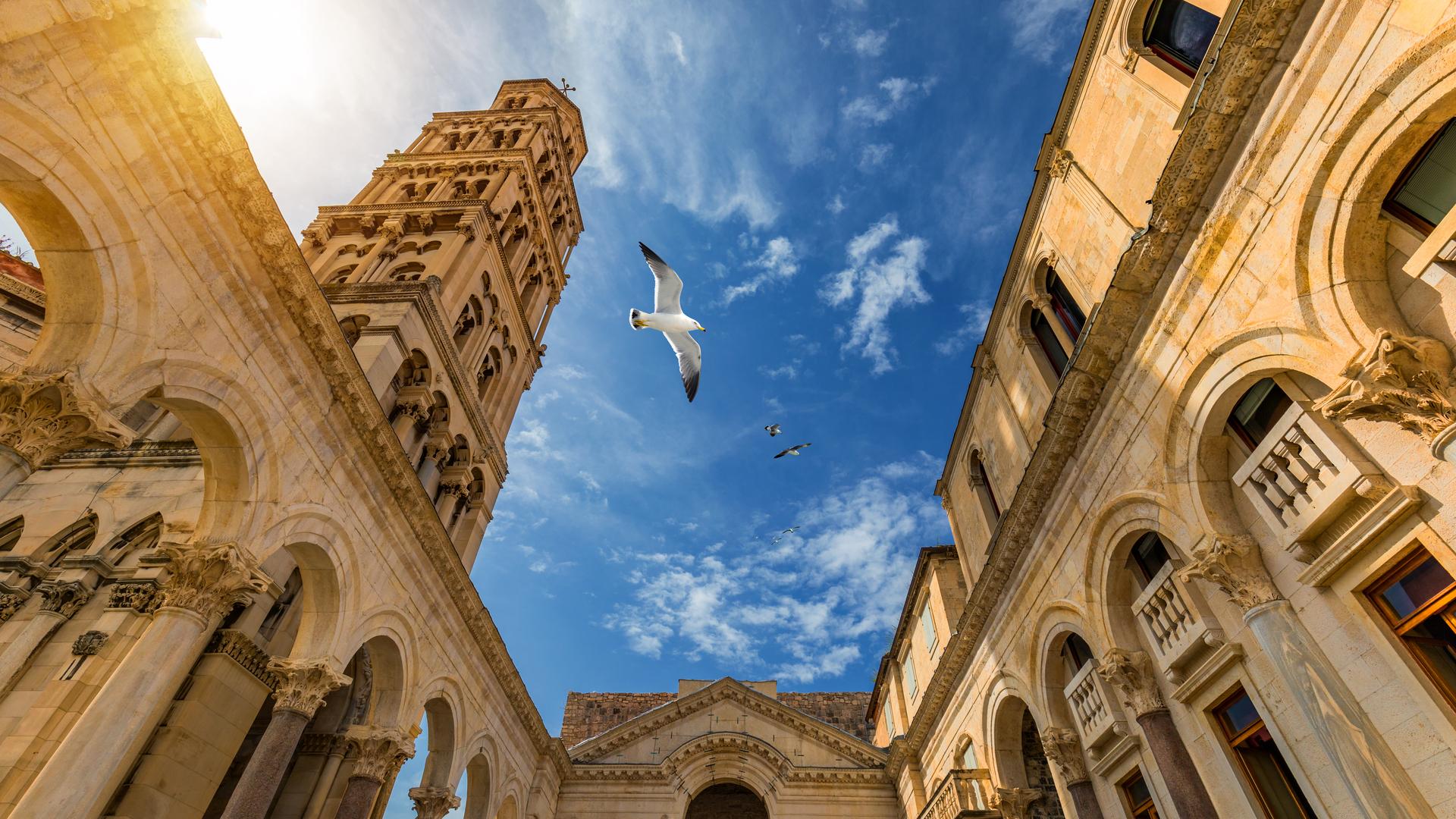Split - Plitvice - Rovinj
Similar popular transfers:
Private transfer from Split to Rovinj via Plitvice Lakes National Park
The best way to go and visit Rovinj is to book a private transfer from Split to Rovinj via Plitvice Lakes National Park.
MaciTours is a Croatian transfer service which offers the best prices for a private transfer. MaciTours has at its disposal a fleet of luxurious and premium vehicles that will make your transfer as comfortable as possible.
Zagreb is located some 500 km from Split and the duration of your transfer is around 5 h.
The prices for a Split to Rovinj via Plitvice Lakes private transfer start at 450 euros (the price per vehicle, not per person).
How to get from Split to Rovinj via Plitvice Lakes National Park?
Every summer You get asked How to get from Split to Rovinj via Plitvice Lakes National Park. You need to come fast and easily in Rovinj. Like we mentioned above, the fastest and easiest way to get from Split to Rovinj via Plitvice Lakes is to book a private transfer from Split to Rovinj with MaciTours, Croatian transfer service. Private transfer between Split and Rovinj You can book easily in less then one minute using our booking form. After You have made a successful booking You don't need to worry about anything.
That is not the only way How You can get from Split to Rovinj. You can also take a bus which operates daily, average price is between 40-50 euro per person and it drives about 06h30min . Another option is to take taxi directly on the airport but that will be more expensive then private transfer and You don't know what You can except.
A few facts about the Plitvice Lakes
Inscribed on the UNESCO World Heritage list due to its outstanding and picturesque series of tufa lakes, caves, connected by waterfalls, the Plitvice Lakes are one of the oldest and largest national parks in Croatia.
The national park was founded in 1949 and is in the mountainous karst area of central Croatia, at the border to Bosnia and Herzegovina.
The name Plitvice was first mentioned in a written document in 1777 by Dominik Vukasović, the priest of from the town of Otočac.
This name was designated due to natural phenomena that have created the lakes. Nature formed shallow basins (Croatian plitko means shallow), which have been filled with water.
The national park is world-famous for its sixteen lakes that are arranged in beautiful cascades.
For centuries, water has changed the limestone and thus the landscape of this area. The emerging travertine barriers decelerated and retained the flowing water over time and these dams are continuously growing.
These lakes are all interconnected and follow the water flow, separated by natural dams of travertine, deposited by the action of moss, algae, and bacteria.
In 1493, not far away from the Plitvice Lakes, a decisive battle in Croatian history between the Austrian and Ottoman Empire took place. During the Battle of Krbava Field, nearly all of the entire Croatian nobility was killed.
In 1871, the famous Croatian politician Eugen Kvaternik was killed north of the lakes in the town of Rakovica, during the famous Croatian uprising against Austrian-Hungarian predominance, marking the long and difficult struggle for Croatia's independence.
During the Croatian War of Independence in the 1990s, the first Croatian soldier was killed in this area, in what is known in Croatia as Bloody Easter.
What to see while at the Plitivice Lakes
There are four programs for sightseeing that you can choose at the entrances to the Park.
Apart from exploring the park on foot along the many trails than span the Park and run alongside the lakes, electrical boats and an electrical train that operate within the Park are ideal for sightseeing.
Cycling is also permitted, but only on the designated areas.
On the largest lake Kozjak, you can rent a wooden boat and paddle on the lake on all work days.
Hiking is another possibility and there are many hiking trails in the Park, on which you can explore the Parks fauna and flora, a large part of which are protected species. Maps of the Park are offered upon entrance.
There also numerous restaurants within the Park, built in the old traditional style of the Plitvice region, as well as hotels and camps.
A few facts about Rovinj
Rovinj is a small town located on the western coast of the Istrian peninsula and is a popular tourist resort and a still active fishing port.
Rovinj was already a settlement of Venetian or Illyrian tribes before being captured by the Ancient Romans, who called it Arupinium or Mons Rubineus.
The town is built on an island close to the coast and later became connected to the mainland in 1763.
From 1283 to 1797 Rovinj was one of the most important towns in Istria governed by the Republic of Venice. During this period three town gates were constructed and Rovinj was fortified by two rows of defensive walls, remains of which can still be seen today.
It then belonged to Kingdom of Italy from 1918 to 1947, when it was ceded to socialist Yugoslavia.
The main economic activity in Rovinj is tourism and during peak season from May to September, its bars, restaurants and art galleries work long hours, while operating limited hours off-season.
Rovinj's main central thoroughfare is the fully pedestrian Carrera Street, with many independent shops and art galleries.
A farmer's market is located at the edge of the historic part of town, near Valdibora Square.
Rovinj is the second biggest tourist destination in the county, in terms of overnight stays. The two closest airports are Pula and Trieste in nearby Italy and during the summer season, low-cost airlines such as Ryanair operate direct flights from West Europe to both airports.
Also during the summer season, there is a direct high speed ferry link between Venice and Rovinj. High speed weekly lines to the Port of Ravenna and Cesenatico are also available in the summer.
There are numerous hotels in Rovinj itself, and beds are abundant but usually overbooked in the summer months.
The city also has two luxury, 5-star boutique hotels, Hotel Monte Mulini and Hotel Lone, but there are also a handful of hotels on small islands surrounding Rovinj which are linked to the mainland by boats which go from the city centre to the hotel on the islands.
What to see while in Rovinj
Rovinj is known for its pristine beauty of the indented coastline and its forests, consisting of holm oak and Alpine pine trees.
The town has many old churches that you can visit, such as the famous St. Euphemia's Basilica, an iconic landmark of Rovinj, a Baroque church in the centre of the town where the relics of Saint Euphemia are preserved in a Roman sarcophagus dating to the sixth century.
Another site to visit is Monkodonj, a hill fort occupied about 1800--1200 BC during the Bronze Age.
Other places to visit are the beautiful Zlatni Rt Forest Park and the Limska Draga Fjord.
The Rovinj archipelago consists of 19 islands, which, along with the coastline, have been described as being "of outstanding natural beauty".
Itinerary
08:00 - Pickup and departure from your accomodation in Split.
10:30 - Explore Plitvice Lakes
14:00 - Our journey to Rovinj from Plitvice Lakes begins
14:30 - Stop for a lunch
18:00 - We arrive at your accomodation adress in Rovinj.
Transfer includes
• Pick up in Split and drop off in Rovinj via Zadar(or vice versa)
• Comfortable air-conditioned vehicle
• Professional knowledgeable English speaking driver
• All cost related to the vehicle -- gas, parking, highway tolls
• All costs related to the driver
• Available Wi-Fi in the vehicle
• 0.5l bottle of water per passenger
Privatni transfer od Splita do Rovinja preko Nacionalnog parka Plitvička jezera
Najbolji način da posjetite Rovinj jest da rezervirate privatni transfer od Splita do Rovinja preko Plitvičkih jezera.
MaciTours je hrvatska prijevoznička tvrka koja nudi najbolje cijene za privatni transfer . MaciTours ima na raspolaganju niz luksuznih i vrhunskih vozila koji će vaš prijevoz učiniti udobnim.
Rovinj se nalazi nekih 500 km od Splita i trajanje vašeg prijevoza je oko 5h.
Cijene privatnog prijevoza od Splita do Rovinja počinju od 450eura (cijena po vozilu, a ne po osobi).

